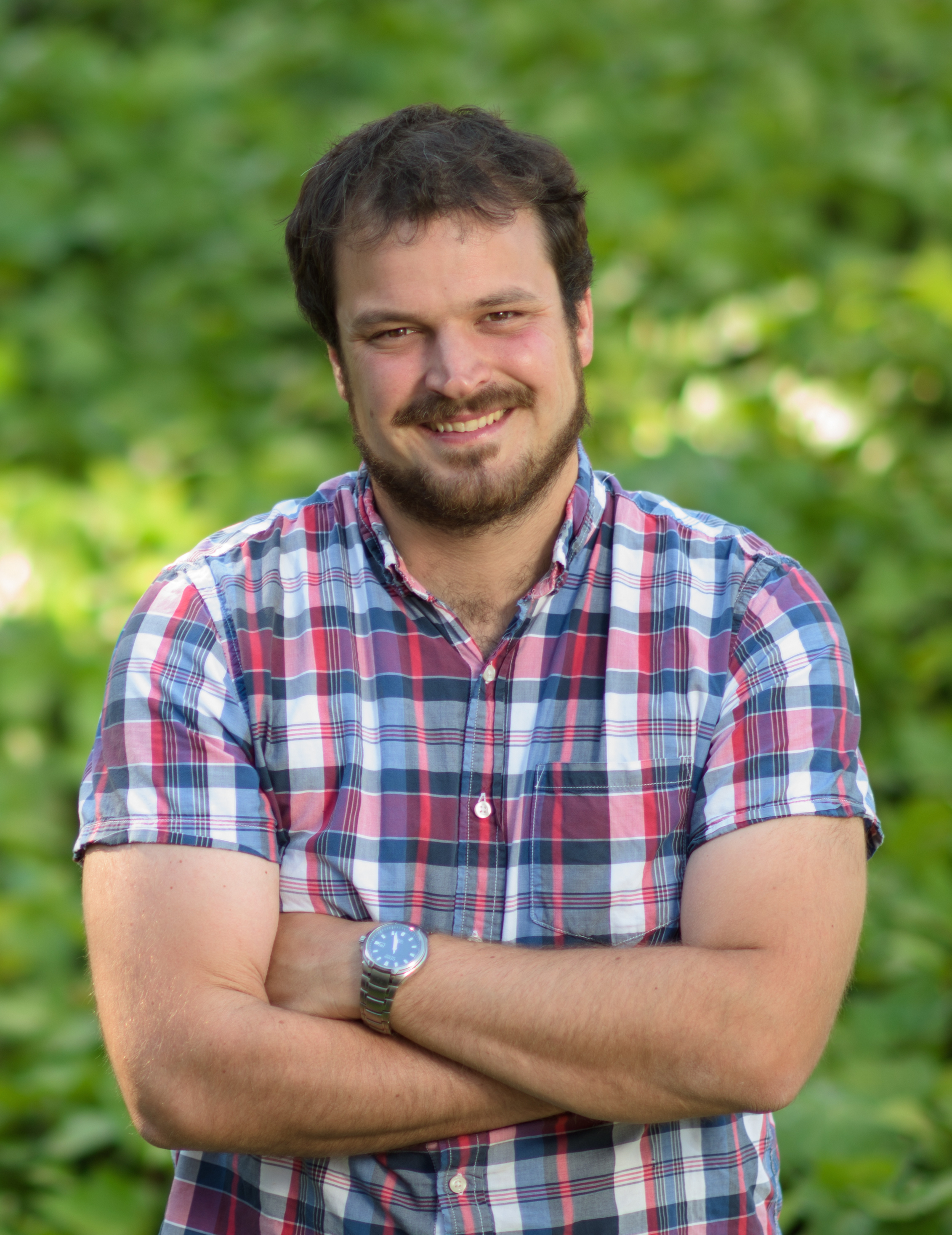SPEAKER: Aaron Strong, Assistant Professor, School of Marine Sciences, UMaine
 Through rapid and persistent anthropogenic global change, we now recognize that human activity is at risk of fundamentally altering the functioning of the earth system. The consequences for human livelihoods of such changes are likely to be devastating. As humanity has entered the Anthropocene, there have been growing calls for an increased recognition of ecosystem services-the values that natural ecosystems provide to humans – and for actions to protect those values. New institutional frameworks-from models built to include ecosystem services used by coastal planners, to regulations that outline programs for payments for ecosystem services, to nutrient pollution trading markets – are being constructed around the concept of ecosystem services. This construction is taking place in the context of rising federal government interest – and, indeed, insistence – on in the use of ecosystem services in decision-making and ecosystem service valuation as a basis for decision-making is rapidly becoming a dominant paradigm as a form of sustainability solution. Yet the dissemination of this framework has largely proceeded in a top-down fashion, setting it at odds with our understanding, built from empirical sustainability science, of how effective institutional approaches are best constructed. Using a series of case studies, I assess barriers to – and opportunities for – the uptake of the ecosystem service concept among local-scale stakeholders in these services. In so doing, I highlight that local, place-based conservation and sustainability organizations have not yet mainstreamed the concept of ecosystem services. As the ecosystem services concept enters a broad swathe of formal environmental decision-making, careful attention to its reception, perception, dissemination, and evolution at local scales – including considerations of scale, knowledge production, and the need for boundary spanning organizations – is critical if this top-down solution strategy is to be successful and sustained and achieve meaningful progress toward sustainability.
Through rapid and persistent anthropogenic global change, we now recognize that human activity is at risk of fundamentally altering the functioning of the earth system. The consequences for human livelihoods of such changes are likely to be devastating. As humanity has entered the Anthropocene, there have been growing calls for an increased recognition of ecosystem services-the values that natural ecosystems provide to humans – and for actions to protect those values. New institutional frameworks-from models built to include ecosystem services used by coastal planners, to regulations that outline programs for payments for ecosystem services, to nutrient pollution trading markets – are being constructed around the concept of ecosystem services. This construction is taking place in the context of rising federal government interest – and, indeed, insistence – on in the use of ecosystem services in decision-making and ecosystem service valuation as a basis for decision-making is rapidly becoming a dominant paradigm as a form of sustainability solution. Yet the dissemination of this framework has largely proceeded in a top-down fashion, setting it at odds with our understanding, built from empirical sustainability science, of how effective institutional approaches are best constructed. Using a series of case studies, I assess barriers to – and opportunities for – the uptake of the ecosystem service concept among local-scale stakeholders in these services. In so doing, I highlight that local, place-based conservation and sustainability organizations have not yet mainstreamed the concept of ecosystem services. As the ecosystem services concept enters a broad swathe of formal environmental decision-making, careful attention to its reception, perception, dissemination, and evolution at local scales – including considerations of scale, knowledge production, and the need for boundary spanning organizations – is critical if this top-down solution strategy is to be successful and sustained and achieve meaningful progress toward sustainability.
Dr. Aaron L. Strong is Assistant Professor of Marine Policy in the School of Marine Sciences at the University of Maine, where his research focuses on the human dimensions of climate change and coastal sustainability solutions for coastal communities. Dr. Strong is a member of the Northeast Coastal Acidification Network Policy Working Group and the Maine Ocean and Coastal Acidification Partnership. Prior to joining the faculty at the University of Maine, Dr. Strong received his Ph.D. in Environment and Resources from Stanford University. He previously received a Masters of Arts in Law and Diplomacy from the Fletcher School at Tufts University, and has held research positions at the Massachusetts Institute of Technology, the University of Montana and the Marine Biological Laboratory in Woods Hole. Dr. Strong holds a Bachelor of Arts in Biology and Political Science from Swarthmore College.

